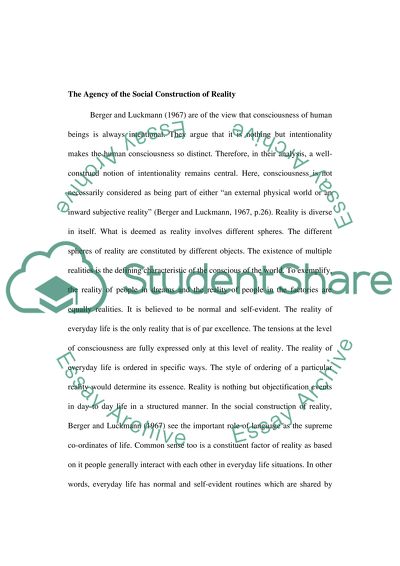Cite this document
(“Social Construction Essay Example | Topics and Well Written Essays - 2000 words”, n.d.)
Social Construction Essay Example | Topics and Well Written Essays - 2000 words. Retrieved from https://studentshare.org/philosophy/1533215-social-construction
Social Construction Essay Example | Topics and Well Written Essays - 2000 words. Retrieved from https://studentshare.org/philosophy/1533215-social-construction
(Social Construction Essay Example | Topics and Well Written Essays - 2000 Words)
Social Construction Essay Example | Topics and Well Written Essays - 2000 Words. https://studentshare.org/philosophy/1533215-social-construction.
Social Construction Essay Example | Topics and Well Written Essays - 2000 Words. https://studentshare.org/philosophy/1533215-social-construction.
“Social Construction Essay Example | Topics and Well Written Essays - 2000 Words”, n.d. https://studentshare.org/philosophy/1533215-social-construction.


